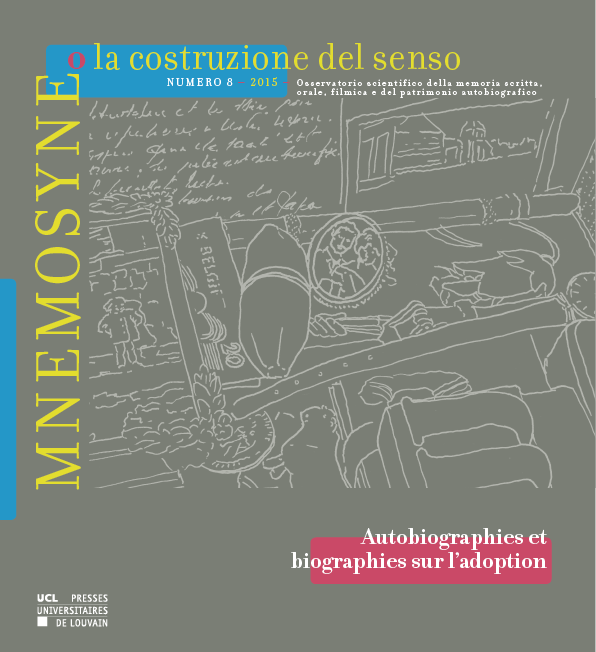Vicarious Mothers in Fascist Regime Cinema
DOI :
https://doi.org/10.14428/mnemosyne.v0i8.13923Mots-clés :
Maternity, Prolific mothers, Surrogate mothers, Fascist cinemaRésumé
Fascist regime proclaimed that women’s preeminent roles were those of wife, mother and breeder of many children fot the Fatherland. The myth of motherhood became central in Fascism. Yet a limited number of documentaries and commercial films deals with motherhood. In commercial films it is remarkable to find that some maternal melodramas focus on the vicarious mothers, a generous, self- sacrificing woman, who acts as the mother of a child who is not her own. The article examines Righelli’s La canzone dell’amore, Ballerini’s La fuggitiva and Poggioli’s Sissignora where the surrogate mother, a young orphans with no parental experience, is juxtaposed with the biological parent, who is portrayed as a bad mother. The self-centred, transgressive biological mother contrasts with the exemplary vicarious mother, who, like a Marian figure, is willing to sacrifice herself for the good of her putative child.



